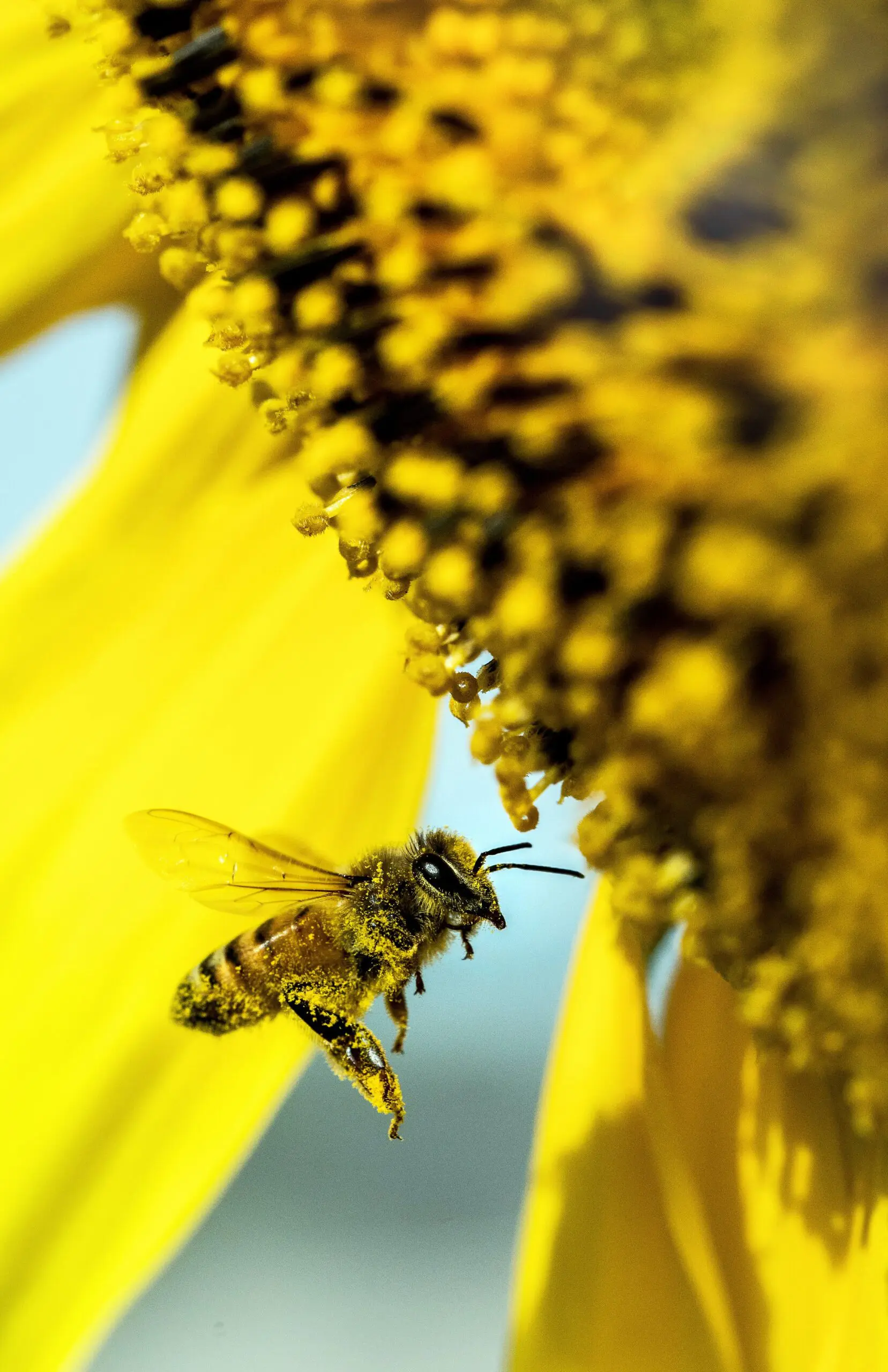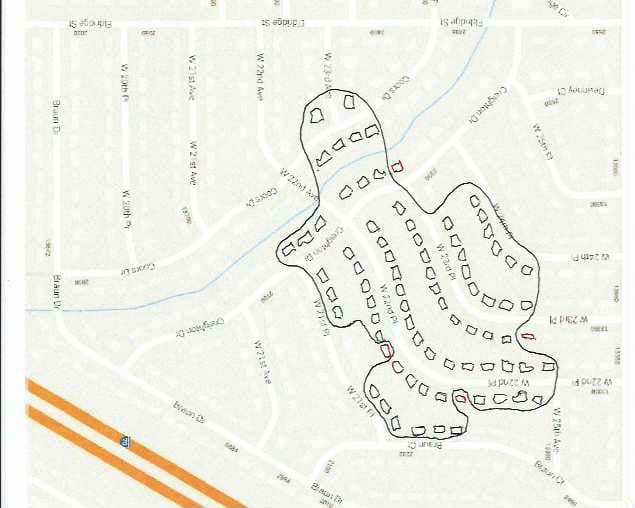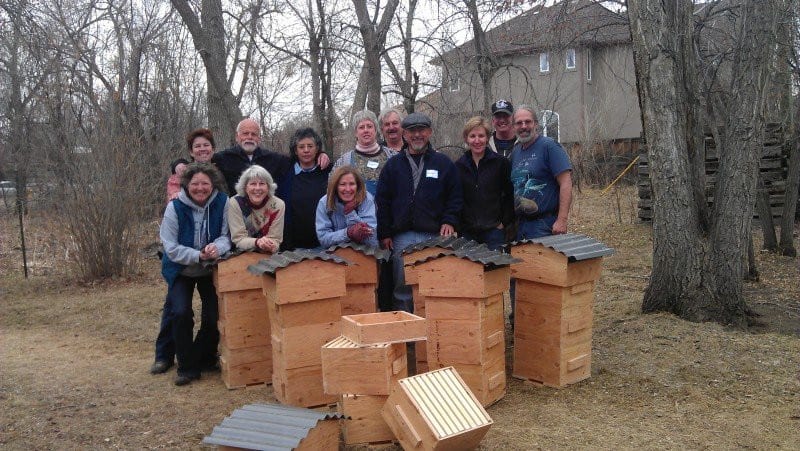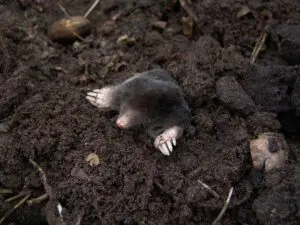

Let’s all take a second to think about the little things in life that bring us joy- a hot cup of coffee, our favorite cotton shirt, a juicy piece of fruit. Now let’s take another second to thank the bees, because those little guys make it possible for us to have many of those everyday comforts. With bee populations steadily declining, it’s time to really buckle down and do what we can to help.
Why are bees important?
Pollen is known for its irritating tendency to cause allergies. As annoying as it is, though, we need it. Pollination is the process that allows plants to develop seeds, which will later grow into new plants. The process can occur by way of air or water, but the most successful means of pollination is through pollinators, some of which are birds, bats, and insects. The most important of all the pollinators, though, are bees. There are more bees than there are other types of pollinators, so they play the biggest role in pollination.
Approximately one third of the food we consume every day is dependent on pollination, and most of that pollination is done by bees. Of course most fruits and vegetables require pollination, but it goes well beyond that. Bee pollination is also necessary for coffee, chocolate, nuts, grains and more. Bees also play a part in the meat and dairy industries, as they pollinate the foods that are given to cattle, like alfalfa and clover. Besides food, bees allow us to manufacture many everyday items by pollinating plants like cotton and flax. Beeswax is also used in many cleaning and beauty products. It is estimated that honey bees contribute over $15 billion to the value of the U.S. agricultural industry alone, and that’s not including the value they add to all other industries!
In addition to providing us with a great number of the foods and products we consume every day, bees are also essential to the ecosystem. Perhaps their most important role is the one they play in maintaining a healthy environment. Plants and flowers are vital to the health of an ecosystem. They provide cleaner air, purify water, stabilize soils, and feed and give shelter to animals. These plants and flowers need to be pollinated in order to reproduce, and bees are their primary pollinators. Without bees, there is no telling what would happen to ecosystems around the world.
What are other communities doing?
People and communities across the globe are joining the movement to save the bees. In the United States, the Living Systems Institute sponsors a campaign, called “Bee Safe Neighborhoods,” to provide bees with areas free of toxic chemicals. So far, 8 neighborhoods have been certified by LSI as “Bee Safe Neighborhoods”- five in Colorado, two in Michigan, and one in Virginia. Communities across the U.S. are invited to join in by banding together and creating more “Bee Safe Neighborhoods.”
Across the pond, Monmouth, Wales was recently named the UK’s first Bee Town. The title was awarded after the town council took measures to make the town more bee-friendly. One of the measures implemented was selective mowing of council-managed areas. The selective mowing allowed wildflower populations to thrive, which is great news for bees. Monmouth town council’s bee-friendly ways not only affected Monmouth, but neighboring towns and villages as well.
Nonprofit charities like The Honeybee Conservancy and Karma Honey Project work to raise money and awareness for bee conservation. They offer resources and programs to educate people on the importance of bees. They also provide multiple different ways to contribute to their causes, other than just donating.


What can we do to help?
More and more people each day are asking what they can do to help save the bees, so we put together a list of ways you can help out the bees in your area.
- Avoid using harmful pesticides
Most pesticides don’t just kill the pests they’re meant to kill. They also kill helpful insects like bees. Avoid using pesticides whenever possible, and try using more natural methods of pest repellant. If pesticide use is necessary, look for an environmentally friendly option, and pay close attention to ingredients.
- Plant bee-friendly gardens
Bee gardens provide bees with safe places to nest and find various sources of nutrition. They can be planted in areas as small as window boxes or as large as entire yards. Opt for plants and flowers that produce a lot of nectar for the bees to snack on. Plant a variety of species that bloom during different times of the year. Adding in rows of trees or shrubs will help block wind as well as add more places for bees to find shelter.
- Save the trees!
Bees get the majority of their nectar from tree blossoms. Trees also provide the perfect nesting materials and shelter areas for bees. Deforestation is making it harder and harder for bees to find safe places to nest, so caring for grown trees and planting new ones are two great ways to help out.
- Build a bee bath
Anyone would need a cool drink of water after working all day in the hot sun. Bees are no different, so why not give them a place to rest and refresh? Put stones and pebbles in the bottom of a shallow bowl or birdbath. Add clean, fresh water, making sure that the tops of the stones are not submerged. The stones give the bees a place to rest while they take a drink from the water.
- Give them a home
With the exceptions of honey bees and bumblebees, most bees have a solitary lifestyle. They live alone and only meet up with one another to mate before going their separate ways again. The more development that occurs, the fewer safe living spaces there are for bees. 70% of bees live underground, with the other 30% living in hollow areas of trees or stems. Leaving certain patches of land untouched and undeveloped creates a safe haven where bees can find places to nest. “Bee condos” are also a great way to provide safe housing for bees. They can be made or purchased, and they are small enough to fit in almost any garden.
- Create awareness
Awareness is the key for any cause, so spread the word. Get your community or local government involved, start a bee club, host a fundraiser. The possibilities are endless, and every little bit helps. Tell your neighbours and friends what you’re doing to help the bees- it might inspire them to follow suit!
Bees need our help now more than ever, so let’s work together to stop the decline of their populations. If we each do one thing- whether its making a safe haven, planting a tree, or just spreading the word- we’ll have a good chance of reversing the downward trend.
If you have bees anywhere on your property and you would like to remove them in a way that is beneficial to them, please give us a call for humane bee control.






